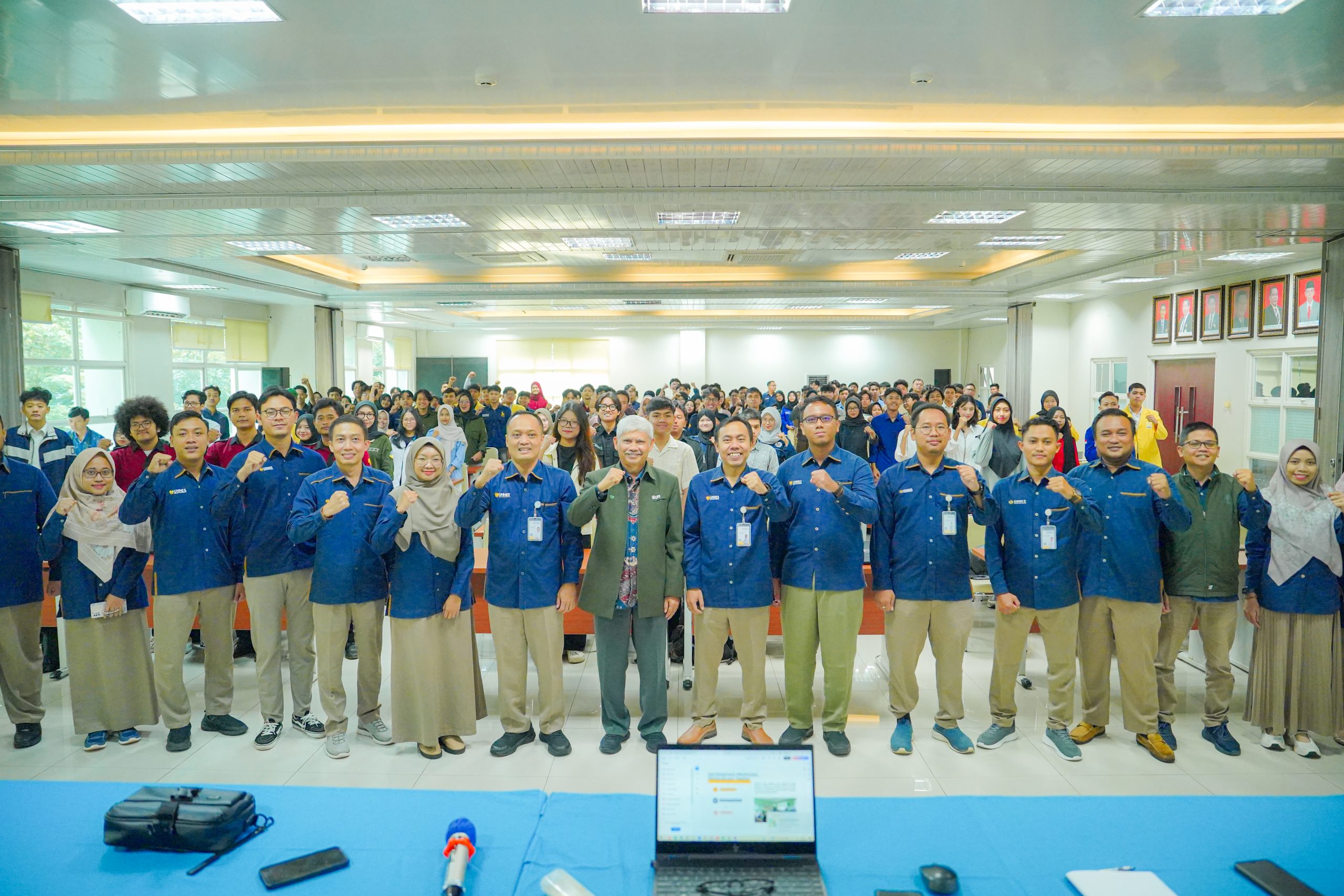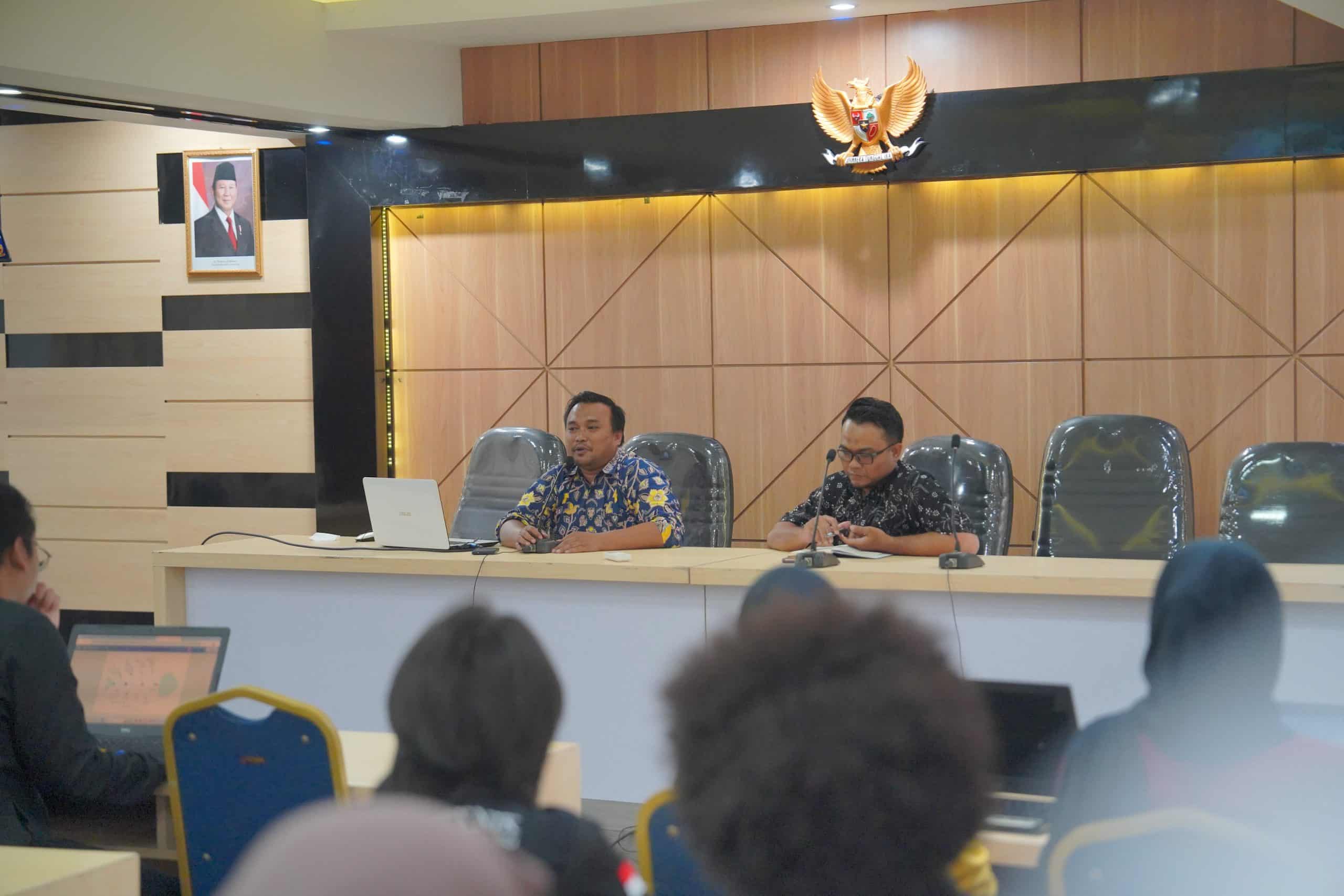Universitas Negeri Semarang (UNNES) dipercaya sebagai salah satu pelaksana program Rekognisi Pembelajaran Lampau Desa (RPL Desa) oleh Kementerian Desa, Pembangunan Daerah Tertinggal, dan Transmigrasi (Kemendes PDTT) Republik Indonesia.
Hal ini dilakukan dalam rangka mendukung percepatan pelaksanaan pembangunan desa dan pemberdayaan masyarakat desa, guna mengakselerasi kemajuan serta kemandirian desa, sehingga diperlukan peningkatan kapasitas Sumber Daya Manusia (SDM) di desa.
Mendes PDTT Dr (HC) Drs Abdul Halim Iskandar MPd menyampaikan untuk menyiapkan SDM yang Unggul, Kemendes PDTT harus terus berkolaborasi dengan Perguruan Tinggi, salah satunya yakni UNNES untuk menyelenggarakan RPL Desa.
“91% wilayah Indonesia ada di desa, dari jumlah tersebut SDM masih belum merata. Ini menjadi tugas kita semua untuk menyelesaikan masalah yang ada di desa. Untuk itu Kemendes PDTT sering sowan ke perguruan tinggi untuk bersama-sama menggandeng perguruan tinggi dalam menyiapak SDM di Desa,” kata Mendes PDTT.
Mendes PDTT menjelaskan peningkatan SDM desa merupakan prioritas dari Kemendes PDTT untuk wujudkan desa mandiri dan sejahtera.
“Melalui RPL Desa, pendidikan nonformal dan informal, serta pengalaman kerja dan pengabdian di desa dapat diakui sebagai capaian pembelajaran dalam bentuk perolehan SKS untuk menempuh pendidikan jenjang sarjana atau pascasarjana. Semua Pendamping Desa, Kepala Desa, Perangkat Desa, Pengelola BUM Desa serta semua pegiat desa hingga level RT/RW berkesempatan mengikuti program ini. Mudah-mudahan ini menjadi pondasi kuat dalam menwujudkan SDM Desa yang unggul,” ujar Dr (HC) Abdul Halim Iskandar.
Rektor UNNES Prof Dr Fathur Rokhman MHum menyatakan bahwa UNNES siap melaksanakan kerja sama RPL Desa dengan Kemendesa PDTT.
Menurutnya, kolaborasi itu sejalan dengan program Mendikbudristek untuk memajukan SDM di berbagai sektor dan hingga ke desa.
“Kami menyambut baik program ini. UNNES sudah menyiapkan sumber daya dan pembelajaran terbaik untuk menjalankan program RPL Desa,” kata Prof Fathur.
Prof Fathur berharap, program RPL Desa ini tidak hanya menambah gelar bagi mereka yang terlibat dalam pemerintahan desa. Namun, lebih jauh juga untuk mewujudkan tata kelola desa yang lebih sehat dan berkualitas.



